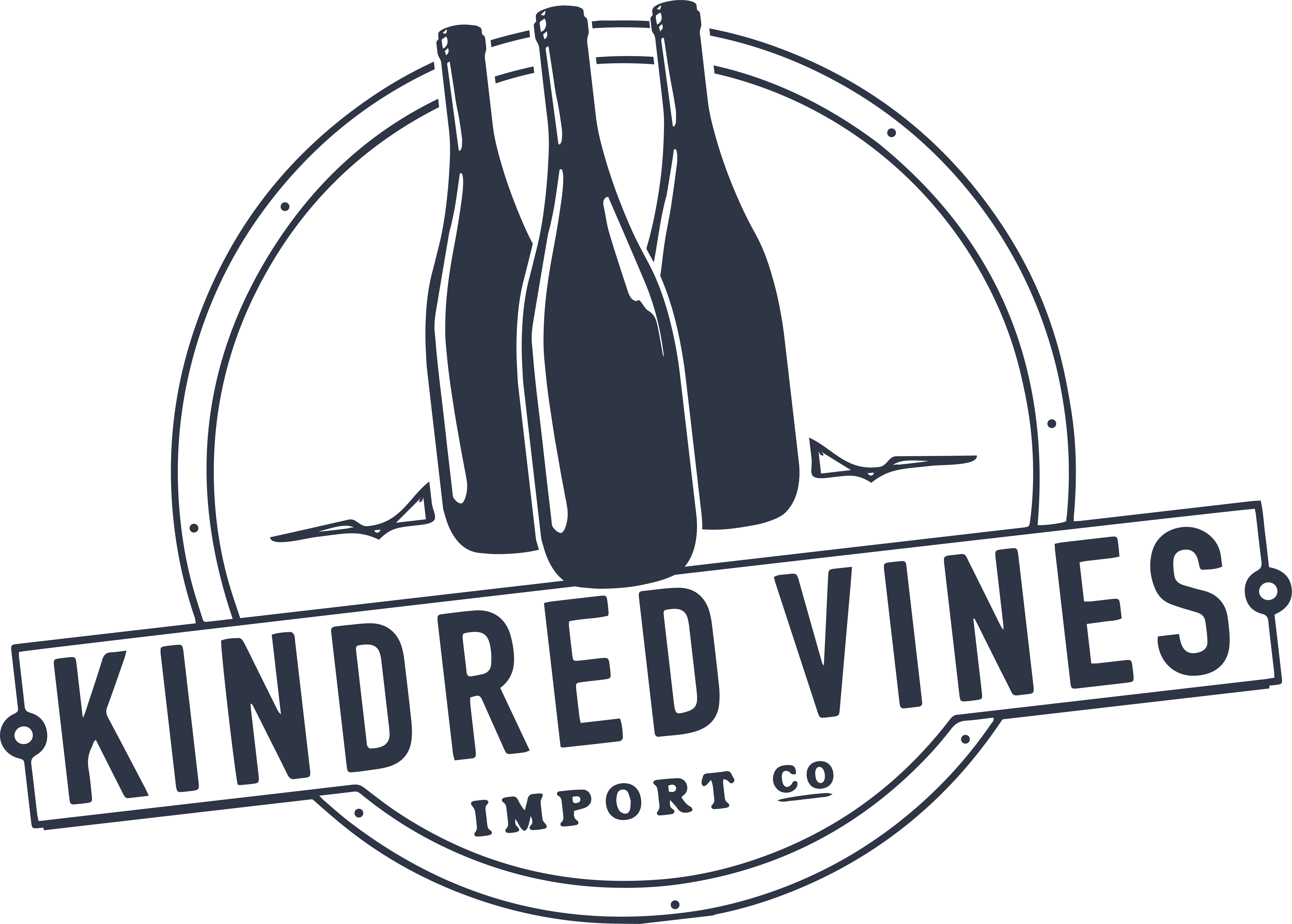Domaine Couly-Dutheil Rene Couly Rosé
| Country | France |
|---|---|
| Region | Loire |
| Sub-Region | Chinon |
| Producer | Couly-Dutheil |
| Vintage | 2018 |
| Composition | 100% Cabernet Franc |
| Alcohol | 13.5% |
Product Enquiry
WINEMAKER NOTES
Since 1921, Couly-Dutheil has been well known for the quality of its wines served at the most prestigious tables in France. Established by Baptiste Dutheil, then developed by René Couly who married Madeleine Dutheil, the House of Couly-Dutheil has become over the years the great name for Chinon. Today, Couly-Dutheil remains a family house owned by the third and fourth generation. The Chinon region has all the qualities of the greatest soils. Its semi-oceanic climate is exceptionally mild and benefits of long sunny periods. The variety of soils and their particular qualities allows the cabernet-franc (98% of the vineyard) to express all its fineness and its celebrated “taffetas” within a range of strong personalities.
TASTING NOTES
Beautiful pink color, announcing a nose gourmand and fruity with notes of currants and citrus fruits. The mouth is fleshy, delicate, and slightly spicy.
PAIRING SUGGESTIONS
Serve with roasted asparagus with feta, lobster fritters, fresh salads, Asian and exotic cuisines, but also grills and barbecue will make a perfect marriage with this wine. To drink now, serve between 8 and 10 degrees C.
VINEYARD
Alluvial terraces of sand and gravel, brought by the Vienne (Tributary of the Loire). Our region enjoys a temperate climate of semi-oceanic type favorable to the cultivation of wine.
VITICULTURE
Sustainable cultivation, environmentally friendly with grass cover between the ranks in order to promote the limitation of yields and erosion. Thinning, trellising, and harvesting in green to optimize the maturity of the quality of the grapes.
VINIFICATION
Maceration of about 12 hours, after destemming and full sorting of the harvest. Then, the fermentation of musts starts spontaneously thanks to indigenous yeasts. The constant control of vinification temperatures favor the fruity expression of the Cabernet Franc. The bottling takes place towards Easter.

